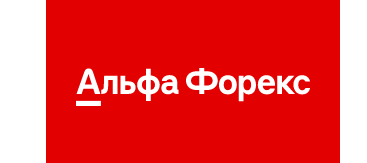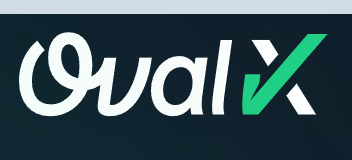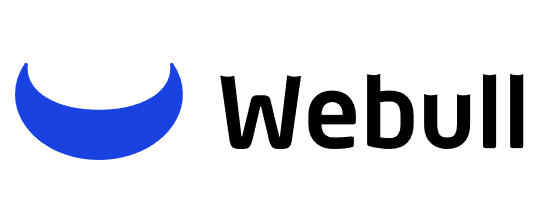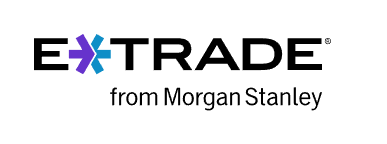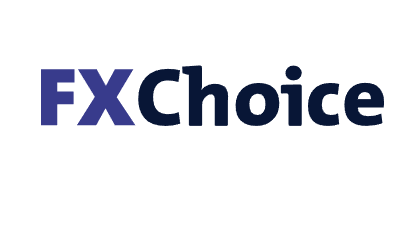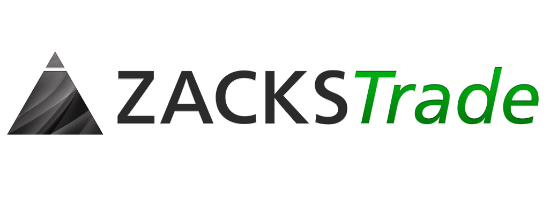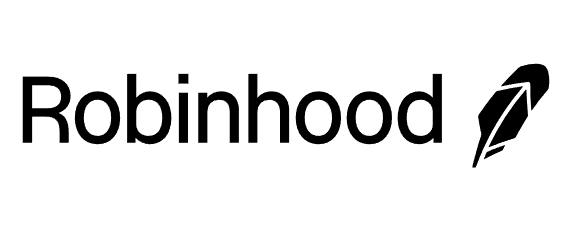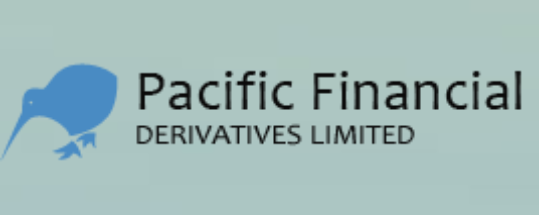CFD Brokers
Brokers by Type
Latest Reviews
Valentine
It’s impossible to make money here, the entry threshold is high, and they also add commissions. Some dubious payment systems, additionally they steal money. Scam!
Read moreValery
A suspicious company, I think it’s better not to register here, you’ll only lose money.
Read moreHleb
We couldn’t make money, they constantly called and asked for money, when they stopped replenishing the account, they immediately canceled everything and disappeared. There is no connection with them.
Read moreArtem
It's strange that this sharaga hasn't been blocked yet. It’s obvious that it’s a scam, without documents yet.
Read moreVictoria
Sharaga is ordinary! Only people are deceived and blackmailed. How have they not been blocked yet!?
Read moreGeorgiy
It’s good that they blocked them, otherwise they would have cheated a lot of people out of money.
Read moreHow CFD Brokers Work and Why Contracts for Difference are Better Than Other Instruments
In simple terms, a Contract for Difference (CFD) is a derivative financial instrument. It allows traders to speculate on both rising and falling markets and profit from these movements.
A Contract for Difference is created based on a real exchange-traded instrument, such as:
- gold,
- stocks,
- indices,
- commodities.
The price of the CFD is determined by the quotes of the underlying asset.
When a trader purchases a CFD, they do not gain ownership rights to the underlying asset (stocks, gold, indices, commodities). This is why CFDs are well-suited for speculation. The trader either gains a profit or faces a loss, without needing to manage ownership transfers or find depositories for acquired assets.
A Contract for Difference always involves two opposite actions:
- buying and selling,
- selling and buying.
It’s not possible to transfer CFDs (for example, to another broker account). This sets them apart from exchange-traded financial instruments.
CFD trading is offered by CFD brokers. Additionally, forex instruments are available within their offering. It’s important to understand that currency pairs offered by retail dealers, brokers, and “kitchens” are essentially the same as CFDs. They adhere to the same rules.
For instance, in retail forex, you cannot physically obtain and withdraw purchased currency. It does not exist as a physical entity.
So, how are CFDs backed if they do not grant ownership rights, only allowing buying and selling? A contractual agreement is established between the buyer and the seller. Both parties agree on the price of the instrument, yet there is no actual backing. This is pure speculation.
CFD Contracts: Choosing a Broker
CFDs have no intrinsic value. They rely solely on intermediaries that offer trading with them. It’s preferable when a broker routes trades to liquidity providers. This means that clients from various brokers trade CFDs with each other on platforms. This minimizes the risk of being tricked.
There are no CFD brokers in Russia as CFD contracts are prohibited in the country. They are not considered genuine financial assets. Therefore, traders seeking to trade CFDs need to look abroad.
The best intermediary for CFDs is Interactive Brokers, a global leader in retail forex and derivative asset trading. They independently provide liquidity and supply it to smaller brokers.
If a trader has a modest deposit, opening an account with Interactive Brokers might not be feasible. It might be too inconvenient and unprofitable due to the high minimums. For traders with limited funds (which is the majority), opting for smaller intermediaries is more suitable. However, it’s crucial to avoid falling victim to scams.
Our CFD broker rating simplifies the search process. It provides insight into the qualities of a trustworthy intermediary. Consideration should be given to:
- Registration location.
- Range of CFDs offered.
- Trading conditions: leverage, spreads, commissions.
- Language of customer support.
Most reliable international CFD brokers have stringent verification procedures in place. They verify a trader’s identity during the account opening process. If verification only occurs before withdrawal, it’s a sign of a “kitchen” broker.
Our list of CFD brokers is regularly updated, featuring new intermediaries each day. Comprehensive profiles are available for each, from registration and reviews to trading account types. Find out who you can trust and who to avoid during peak trading times.
CFD Brokers for Trading: Who Should Consider Them
Contracts for Difference are specifically designed for speculation, allowing traders to profit from price differences in both upward and downward markets. Consequently, CFDs are primarily suited for speculators and traders.
While it’s possible to invest in CFDs, it’s not particularly advantageous. CFDs do not behave like stocks; they do not provide dividends. Additionally, CFDs typically involve trading with leverage, and traders pay a rollover fee each night (swaps), which is generally negative.
If you are interested in long-term investments involving contracts for difference, you might want to consider traditional exchanges. There, investors purchase ETFs, stocks, and bonds and hold them for years. CFDs are designed for rapid trading, often within a day or even an hour.
The most popular CFDs are currency pairs. They are more volatile and liquid compared to other assets. CFDs on metals, indices, stocks, and other instruments are added to broaden the offering and attract more clients.
Note: In Russia, you’ll mostly find currency pairs, which is sufficient for most speculative traders.










